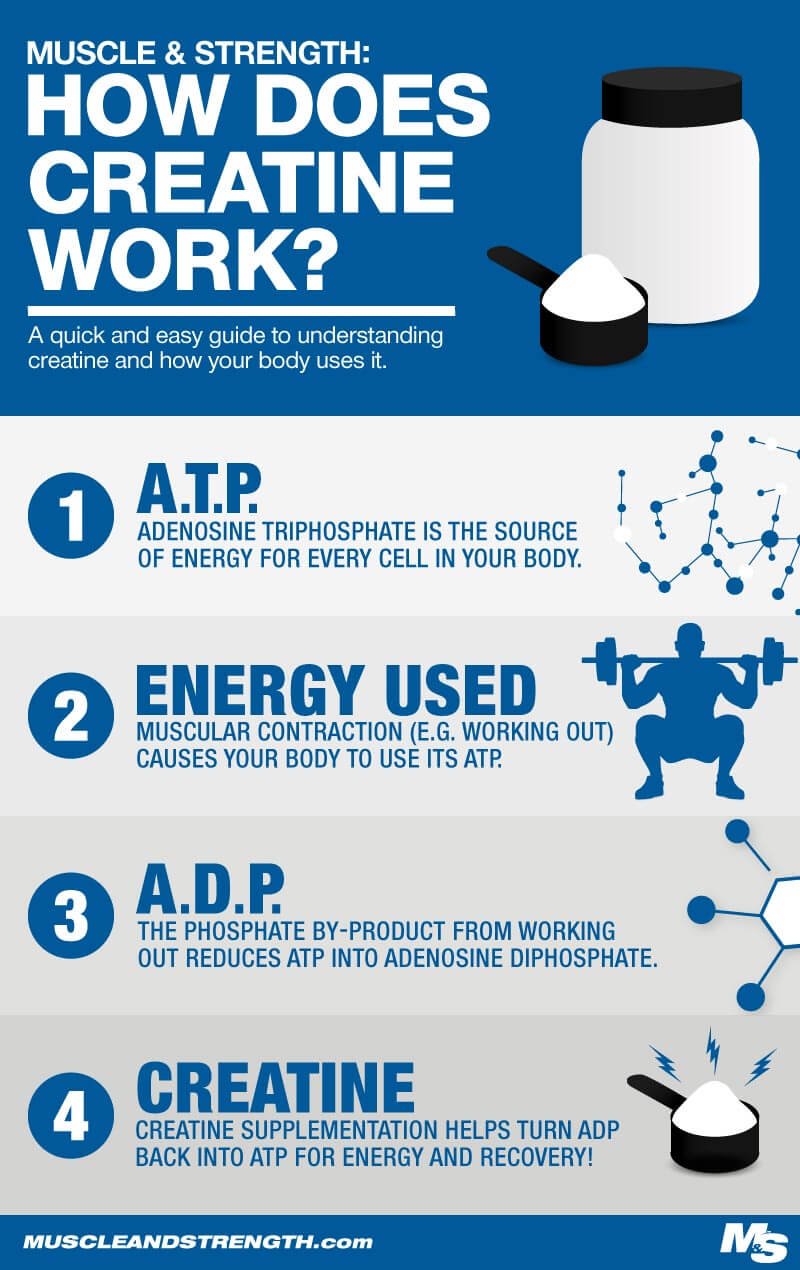All about Creatine Monohydrate
All about Creatine Monohydrate
Blog Article
Some Of Creatine Monohydrate
Table of ContentsThe Of Creatine MonohydrateFascination About Creatine MonohydrateAn Unbiased View of Creatine Monohydrate
The authors acknowledge a danger of bias with the research layouts due to a need for even more clearness over randomization with nearly all researches included. Just three of the nineteen studies completely detailed the analysis of VO2 max.
This differs from athlete to athlete, however. If weight gain with liquid retention is an issue, quit taking creatine 1-2 weeks prior to racing to counter liquid retention while keeping raised creatine stores. Some individuals experience gastrointestinal discomfort when taking creatine, such as bloating, cramping, or looseness of the bowels. It's important to keep in mind that not every person experiences gastrointestinal distress while taking creatine, and it can usually be managed by changing the dose or taking it with meals, as described by the International Culture of Sports Nourishment.
It's recommended to use it in powder type. Problems concerning the long-term effects of creatine monohydrate supplementation on kidney (kidney) feature have actually been elevated. However, studies done by the International Society of Sports Nutrition and Sports Medication program that temporary and lasting usage of creatine monohydrate within advised does does not risk renal function in healthy and balanced people.
The Facts About Creatine Monohydrate Revealed
None of this content the studies explored triathletes. The damaging impacts reported in the studies related to weight gain. As stated, the majority of the research studies utilized a higher-dose loading method (20g+/ day) in a short duration that might be offset and avoided via a lower dosage (such as 5g/day) for a prolonged period.

Allow's look at the main advantages of creatine monohydrate. There is strong, trusted study showing that creatine boosts wellness.
The majority of creatine is saved in the skeletal muscular tissues in a type understood
as phosphocreatine, or creatine phosphate. Creatine aids in the production of adenosine triphosphate, or ATP. Also if they never ever lifted a weights, they would certainly still benefit from creatine supplementation.
Report this page